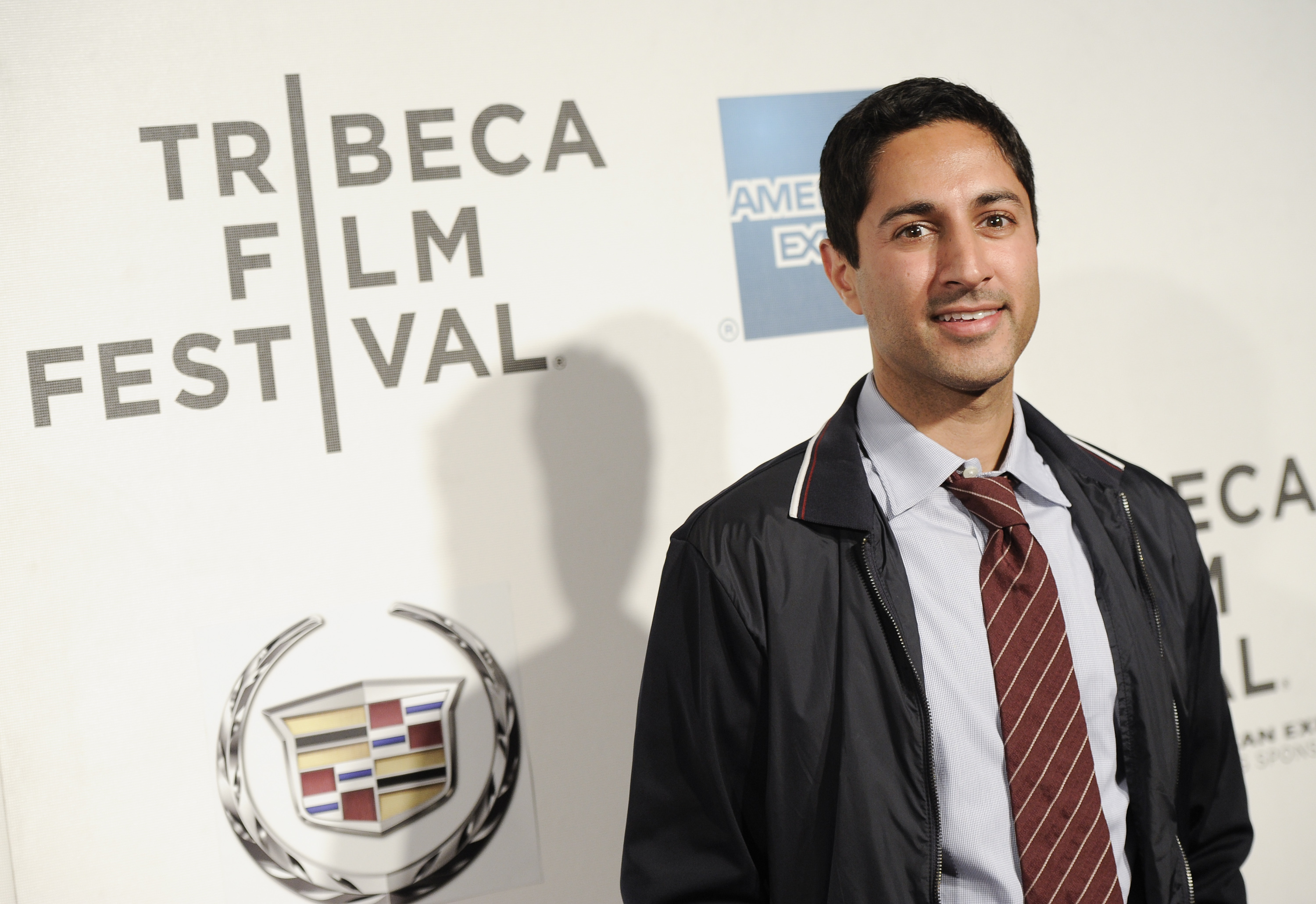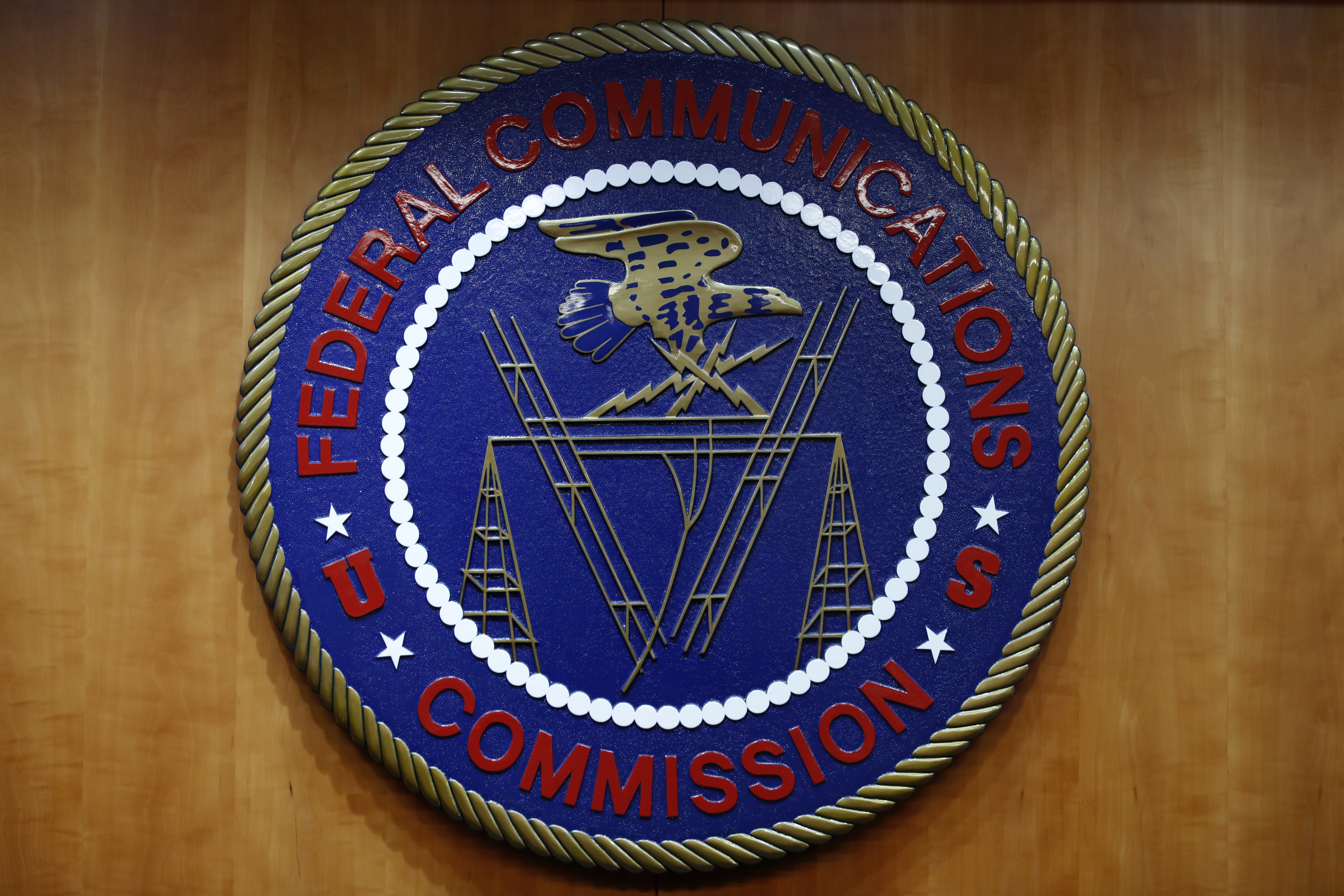President Donald Trump accused the Obama administration of wiretapping Trump Tower prior to November's election in a series of tweets posted Saturday morning, but cited no evidence to support the claim.
A spokeperson for former President Obama refuted that any White House official ever ordered surveillance on a U.S. citizen—but did not say whether surveillance of Trump Tower was conducted by legal means.
It was unclear where Trump received the information, but the surveillance allegation was raised Friday in an interview on Fox News and in conservative media reports.
In an interview Friday night, Fox News' Brett Baier asked House Speaker Paul Ryan if he was concerned that the Obama administration "may have been surveilling members of the Trump campaign in a pretty detailed investigation during the election?"
"I don't think that's the case," Ryan responded.
The far-right news website Breitbart also posted an article Friday examining a talk radio show host's assertion that the Obama administration had surveilled the Trump campaign.
U.S. & World
The Washington Post reported Saturday that the Breitbart report has been "circulating among Trump's senior staff."
In a statement, a spokesperson for Obama denied any White House official in the administration ever "ordered surveillance on any U.S. citizen."
"A cardinal rule of the Obama Administration was that no White House official ever interfered with any independent investigation led by the Department of Justice. As part of that practice, neither President Obama nor any White House official ever ordered surveillance on any U.S. citizen. Any suggestion otherwise is simply false," Kevin Lewis said in the statement.
Former Obama staffer Ben Rhodes tweeted a more fervent denial Saturday.
"No President can order a wiretap. Those restrictions were put in place to protect citizens from people like you," wrote Rhodes, a former national security adviser in the Obama administration.
Rep. Adam Schiff of California, the senior Democrat on the House Intelligence Committee, said in a statement that Trump was making "the most outlandish and destructive claims without providing a scintilla of evidence to support them."
Sen. Ben Sasse, R-Neb., called on Trump to explain what he knows about the wiretapping allegations "ideally to the full public, and at a bare minimum to the U.S. Senate."
If phones at Trump tower were subject to legal surveillance, the Justice Department would have needed a FISA warrant to begin a wiretap.
FISA is a 1978 law that created a system to hear requests to surveil foreign intelligence agents. It differs from a regular criminal warrant because it does not require the government to provide probable cause that a crime has occurred. Instead, under FISA, the government must simply provide evidence that the target of an investigation is an agent of a foreign power.
Such targetable agents would include Russian diplomats such as Sergei Kislyak, the ambassador who spoke with a number of Trump aides. But a FISA warrant could also include others for whom investigators could muster probable cause, potentially including entities directly connected to Trump.
Obama could not order a FISA warrant. Obtaining one would require officials at the Justice Department to seek permission from the FISA court, which is shrouded in secrecy. Judges could order prosecutors to share FISA information with defendants if they deem it necessary for challenging a search's legality, but courts have consistently agreed with the government that disclosing the material could expose sensitive intelligence secrets.
Prior to Trump's tweets, controversy surrounding his campaign's alleged ties with Russia had increased in recent weeks.
Newly confirmed Attorney General Jeff Sessions recused himself Thursday from leading the investigation into the Trump team's Russia contacts after it was revealed he had met with a Russian ambassador twice prior to the November election.
Sessions had denied in a Senate hearing that he had interacted with Russian officials prior to the election.l
As NBC News reports, Sessions has agreed to submit amended testimony and respond to senators' questions over his contacts with Russia's ambassador.
Trump has been trailed for months by questions about potential ties to Russia. He and his team have vigorously denied being aware of any contacts his associates had with Russia during the campaign and have also insisted he has no financial ties to Russia.
Two weeks ago, retired Gen. Michael Flynn, resigned as national security adviser after misleading White House officials about his own discussions with Russian ambassador Sergey Kislyak.
Additional communication was revealed Thursday between Kislyak and Flynn and Trump's son-in-law, Jared Kushner, at New York's Trump Tower. In addition, Carter Page, a former foreign policy adviser to Trump's presidential campaign, spoke with the ambassador last summer, according to a person with knowledge of the meeting.
In the Oval Office meeting Friday shortly before departing for Florida, Trump angrily told senior advisers that what had the potential to be a good week following his address to Congress had been overtaken by the Russia controversy, according to a White House official who insisted on anonymity in order to discuss the private meeting.
Chief of staff Reince Priebus, who was scheduled to depart with Trump, was told to stay in Washington, the White House official said. Chief strategist Steve Bannon also stayed behind, though he eventually traveled to Florida on Saturday with Sessions.
White House spokesman Sean Spicer said Priebus and Bannon had volunteered to stay in Washington.



